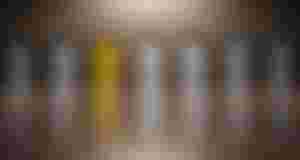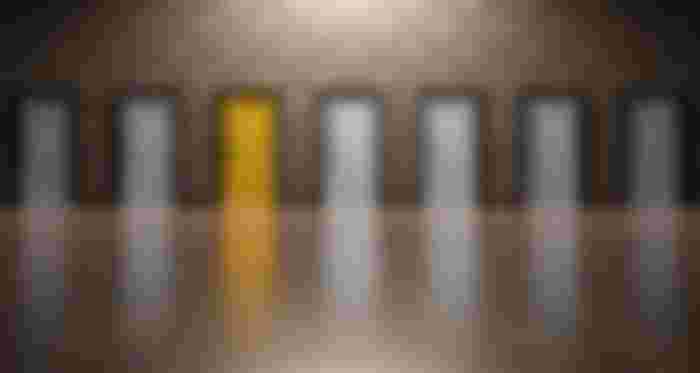Working hard is only one half of success
Janitors and Businessmen don't earn the same for a reason.
When people say that you should work hard to get the life of your dreams, they are partly right. However, they miss out one part of the equation. Many people wake up everyday to work hard until the sun goes down and still are stuck in jobs they hate until they retire. There are also people who wake up everyday to work hard and get 10 times or more the results without having to do It for someone, being deeply in love with what they do and not having to struggle with their bills. The only difference between these two examples has to do nothing with the amount of effort exercised, though with something equally as important, which is taking the right decisions, subject of which I'll talk about in this article, making you see how the best choices can change your life for the better so you can get faster to your goal. Let's begin:

When working hard becomes an excuse.
You might know people who besides being presented with opportunities to work at a better place or being able to what they love prefer to still mop floors in a place they deeply hate and look at people who are doing better to later complain that they don't work as hard as him/her. The main reason for these kinds of behavior has to do with what is known as "The Sunk Cost Fallacy", which is our tendency to follow through on activities in which we have already invested time or resources whether or not the costs outweigh the benefits.
That's why you might be stuck in a counterproductive conduct, being fearful to leave "The only thing that you know" while reasoning that you have put so much in It.

How can I get over this:
There are two ways in which you can avoid falling prey either to The Sunk Cost Fallacy or to bad decisions, and that's being honest with yourself while doing basic consequence management.
Even If It sounds like a complicated term, we always use consequence management in our lives when evaluating the possible ramifications of our choices. The problem you might be facing is that you are only performing a superficial consequence management analysis, not dedicating enough time to consider which option has a best case/worst case scenario that's more benefitial for you. The next time you are presented with two options (Even If one of them is leaving what you are already doing for something new), you should look at them both objectively and consider what's worse If It goes bad and what's better If It goes good.

I hope that this article could have been of use to you, providing you with information as to why you might be using hard work as an excuse to not do what you should and how you can take better decisions further on, encouraging you to always focus in what can have the greatest impact in your life. Thank you for your support and good luck!


